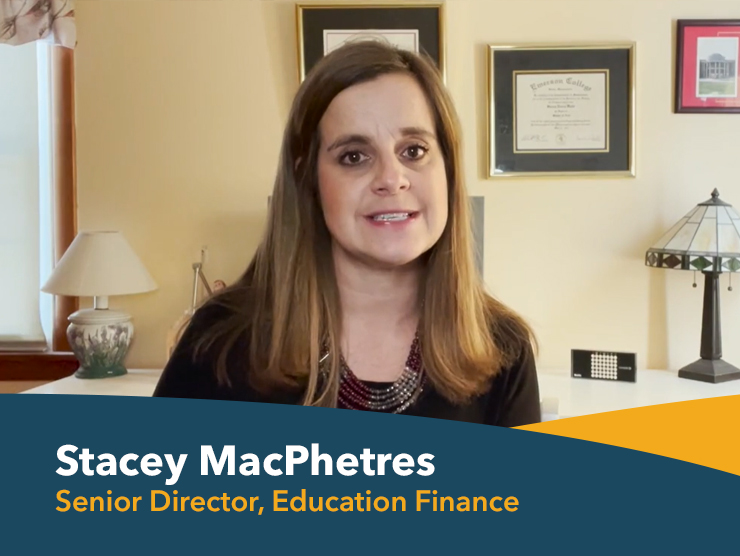The following post comes from Lucy English, Managing Director of Institutional Research at Horizons Workforce Consulting.
I grew up in Missouri and after about 15 years away, I'm here now. I grew up, and now live, in liberal, educated, urban/suburban contexts. But you don't have to get far out of the city before things change drastically here. Parts of southern Missouri are like a third world country extremely isolated from the modern world just hours away.
Last week our little family took a short vacation to a cabin on one of Missouri's gorgeous, spring-fed rivers. I grew up floating those rivers, so in some ways even the rural parts of this state are a part of me. And yet there are such contradictions. People in southern Missouri know I'm "city" at a glance even in my ratty shorts and tank top. I feel equally distant from them for one thing, vegans simply can't eat down there.
As I sat on the banks of the river watching people float by in inner tubes (each pair with a dedicated beer cooler tube in tow), I thought about how this world is a part of me even while contradicting 95% of who I am.
There is a fable about a man and his nasty old shoes.
He tries time and again to cast the old shoes off, but each time disaster ensues. He throws them out the window, and they smack a princess walking by. He casts them into the canal and they clog a drain and flood the city.
Each time the shoes are returned.
Rural Missouri is one of my pairs of old shoes I suppose. There is no use trying to rid myself of this part of who I am, and I can see that in some ways our contradictions are what make us unique - they form who we are.
Organizations have old shoes too. Sociologists call it "institutional memory." It is impossible to shake. Leadership can change, strategy can be revamped, new technology can enter, but an organization's history remains. The elephant in the room is an apt metaphor.
What's an organization to do with the parts of its past which seem to contradict where the organization is now and wants to be? Is it possible to sweep parts of history and culture under the rug?
Name the Elephant.
We can't move forward if we are too focused on how to dispose of those old shoes. Yes, there may be an elephant in the room maybe the organization has a history of gender inequity in salaries, maybe a division had a major failure, maybe diversity is a weakness, maybe there was scandal. Maybe there has simply been a history of discontent and contentious politics. Whatever it is, give it a name. Own it.
Organizations are reflective of us in many ways. Because we all have old shoes, we allow others to have them too. When we see others set an example by admitting their contradictions and mistakes, something inside of us stops to listen, knowing that this is real, this is what we must all do. Remember when Netflix screwed up their streaming and DVD plans? Their "mea culpa" letter was welcomed by subscribers. And when Dominoes admitted that their pizza wasn't actually good? We loved that too.
Organizations don't always need to go public with their elephants, but within your own walls, if there are some things that haunt you, bring them into the light. We can only move forward when we aren't weighted down with secrets and regrets. Our contradictions are not fatal flaws, as long as we don't damage ourselves trying to avoid them, they make us interesting and give us opportunities related to our uniqueness.
So there you have it my hillbilly heritage, an elephant, our organizations and a pair of old shoes, all tied up with a smelly shoelace bow (double knotted).





